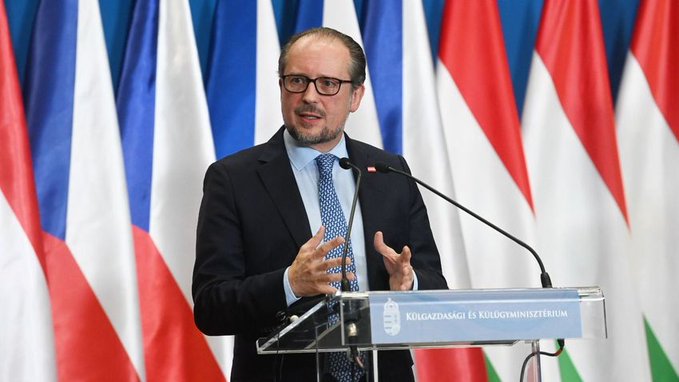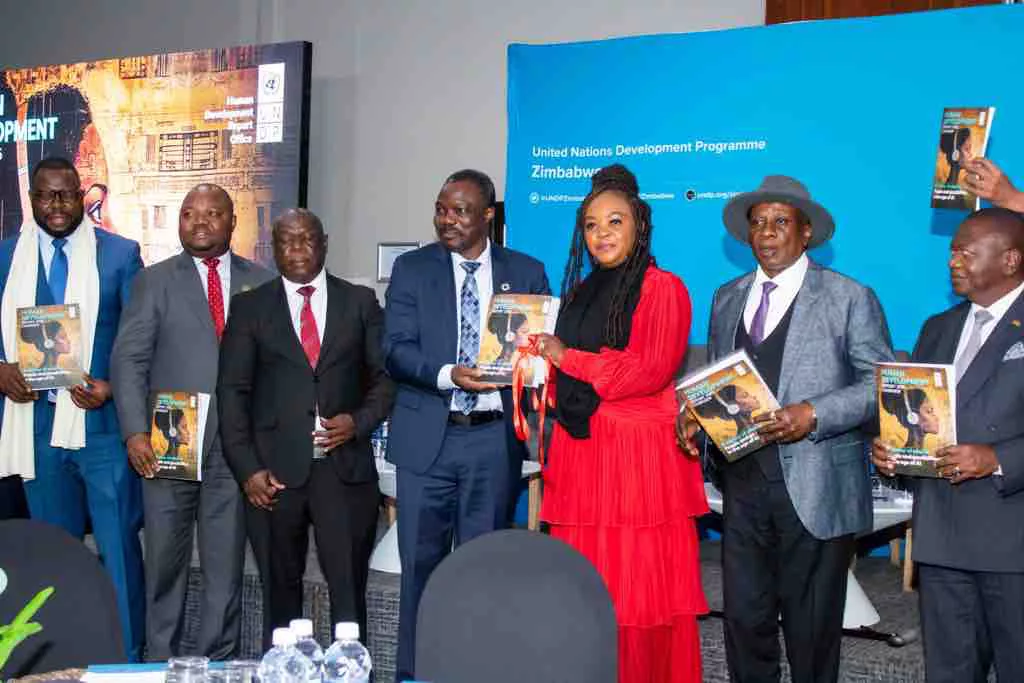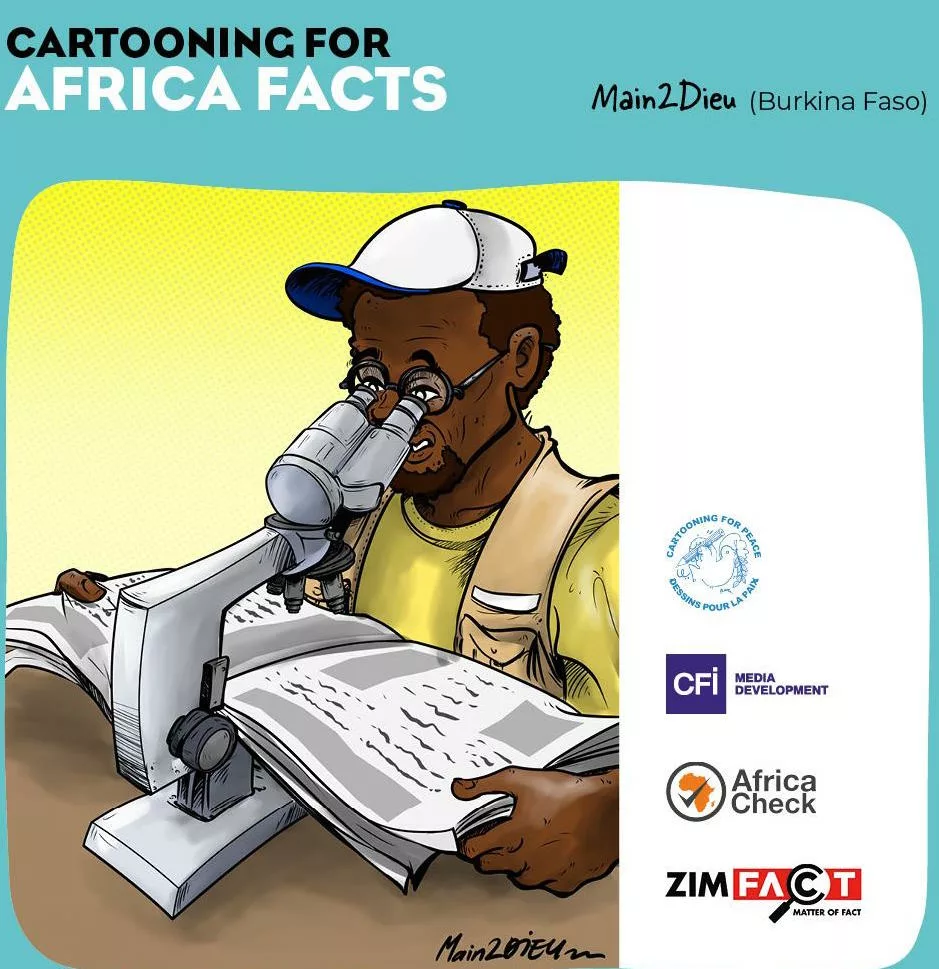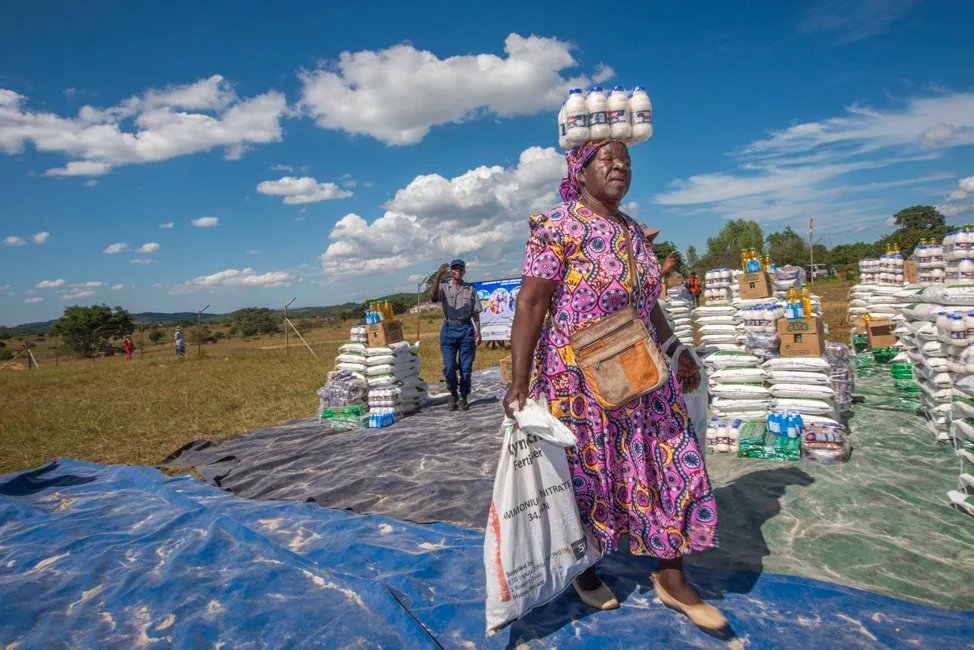|
Getting your Trinity Audio player ready...
|
2022 marks the 10th anniversary since the endorsement of the United Nations Plan of Action on the Safety of Journalists and the Issue of Impunity (UN Plan of Action) by the Chief Executive Board of the United Nations and its launch at the 2nd UN Inter-Agency Meeting on Safety of Journalists in Vienna on 22-23 November 2012.
A decade after the creation of the UN Plan of Action, important progress has been made at the international level in recognizing the safety of journalists as a pre-condition for freedom of expression, democracy, and sustainable development. This is reflected by the adoption of resolutions and declarations by the UN Security Council, the UN General Assembly, the Human Rights Council, the UN Crime Congress, the UNESCO General Conference, and regional organizations, as well as by the dedicated indicator on the safety of journalists (SDG 16.10.1) to measure progress towards the achievement of the SDGs.
Intensified attacks against journalists are being met with a growing commitment to monitoring, protection, prevention, and prosecution mechanisms for the safety of journalists. New coalitions, involving Members States, civil society, the media, and academia reflect a stronger and more coordinated response to the safety of journalists, in line with the UN Plan of Action.
However, despite all this progress, journalists and media workers continue to be killed or subject to high rates of detention, physical attacks, intimidation – using inter alia legal systems, and harassment offline and online, including when covering protests. Women journalists are particularly exposed to online harassment. Impunity for these crimes committed remains the norm. These developments intersect with a crisis concerning the economic viability of media outlets, the covid-led disruption, and a shrinking civic space. New forms of controlling the media, and the increased role of internet platforms have led to further new challenges for freedom of expression, privacy, and the safety of journalists.
On 2 November (today), the international community commemorates the International Day to End Impunity for Crimes Against Journalists. Building on the momentum, lessons learned, and achievements of the past decade, taking also into account the UN Secretary General’s “Our Common Agenda” and “Call To Action For Human Rights” as well as the “Decade of Action” to deliver on the 2030 Agenda for Sustainable Development.
Austria will organise, in cooperation with OHCHR and UNESCO, a high-level multistakeholder conference with the participation of ministers to renew the international community’s commitment to the continued implementation of the UN Plan of Action for the next 10 years.
The main objective of the Vienna conference is to instill new energy to strengthen the implementation of the UN Plan of Action over the next decade by, inter alia, strengthening multi-stakeholder partnerships and coalition building. A key outcome of the process should be a reinforcement of the commitment to the UN Plan of Action’s three key pillars: prevention, protection, and prosecution. Another important objective is to raise awareness in the broader public and the international community about the strategic importance of the safety of journalists for the achievement of sustainable development, the good functioning of democracy, the respect of the rule of law, and the exercise of all human rights.
The conference is taking stock of the institutional framework set up to implement the UN Plan of Action and is considering how to better connect it with the work of existing human rights mechanisms (e.g. treaty bodies, universal periodic review, and special rapporteurs) and the voluntary national reporting on SDG 16.10., with a view to upscaling actions to combat impunity for crimes committed against journalists.
This refers on the one hand to actors and mechanisms within the UN system but also to other regional and international organizations, as well as to national institutions, including the judiciary, prosecutors, security forces, legislators, national human rights institutions, and other stakeholders.
The conference is an opportunity to discuss new challenges that have emerged over the past decade, including challenges related to digitalization and orchestrated legal harassment against journalists. A particular emphasis will be laid on women journalists and their increased risk of being subject to online harassment.
At the high-level whole-day conference on 4 November, Ministers will have the opportunity to present their views and plans on how to strengthen the implementation of the UN Plan of Action in the future. The conference will be opened by H.E. Mr. Alexander Schallenberg, Federal Minister for European and International Affairs of the Republic of Austria, H.E. Mrs. Audrey Azoulay, Director-General of UNESCO, and, pending confirmation, H.E. the UN High Commissioner for Human Rights. It will be organized in a multi-stakeholder format involving all relevant stakeholders, such as renowned journalists, Member States, international and regional organizations, journalists’ associations, civil society, academia, and tech companies.






